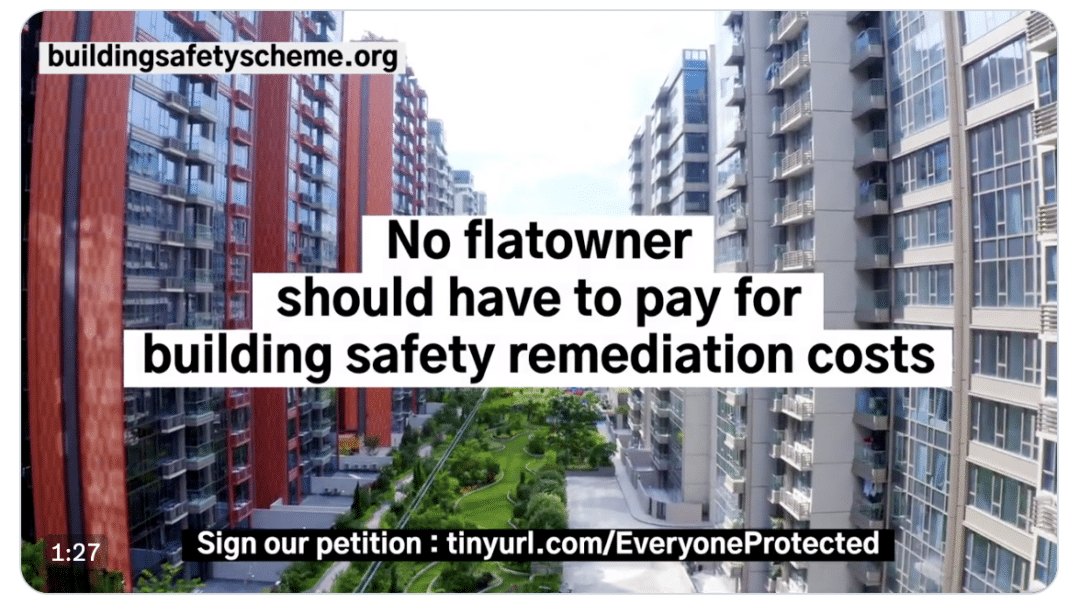On September 13th, 2023, the House of Lords is set to deliberate a critical amendment to address the building safety crisis in the aftermath of the Grenfell fire. The amendment, introduced by the Earl of Lytton, a crossbench peer, aims to rectify issues left unaddressed by the government’s leaseholder protection legislation, potentially affecting up to 1.7 million homeowners.
The current leaseholder protection legislation, enacted last year to respond to the Grenfell tragedy, fails to cover three specific groups of people: residents of low-rise flats, individuals who have enfranchised, and those who own more than three flats. Consequently, a significant portion of homeowners remains in limbo until all buildings are assessed for fire safety issues. The lack of clarity has created uncertainty in the entire flat market, as it is unclear which buildings are affected.
Those residing in unsafe buildings face the dilemma of owning a flat they cannot sell or bearing the burden of costly remediation expenses, which may include addressing Grenfell-type cladding on low-rise structures. Additionally, occupants may be living in potentially hazardous flats requiring urgent safety measures.
The government’s partial leaseholder protections have created a three-tier flat market, causing difficulties for conveyancers who must navigate complex information to assess a buyer’s potential liability. This situation poses a risk to a significant portion of the UK Housing Market, with conveyancers possibly declining new instructions on flats, further complicating the situation.
The crisis could escalate in the coming year when new banking rules come into effect, forcing lenders to revalue loans in case of a likely permanent reduction in property value. The current legislation’s three-tier flat market may necessitate widespread revaluations, placing partially or wholly unprotected leaseholders at risk of suffering financial setbacks, and banks may face the possibility of unpaid debts.
The Earl of Lytton’s proposed amendment seeks to hold developers or lead contractors permanently liable for building defects at the time of construction. If the builder no longer exists, the amendment suggests recovering costs from a broad building industry levy. This amendment aims to fund the remediation of all unsafe flats, safeguarding the 1.7 million homeowners currently excluded and eliminating the problematic three-tier flat market.
The amendment enjoys broad support, with endorsements from 48,000 individuals, the National Residential Landlords Association, and Property Mark, representing 17,500 property agents. Notably, it is also backed by former state premier of Victoria, Australia, Ted Baillieu, who emphasises the potential global impact of the Building Safety Remediation Scheme.
Should the amendment be rejected, the government faces a challenging decision between residential valuation write-downs, potential home losses, and the ensuing negative consequences for the banking system, or bailing out up to 1.7 million individuals and persisting with the problematic three-tier flat market.
For further information on the Earl of Lytton’s amendment, please visit www.buildingsafetyscheme.org.
To sign the petition, click here. You can watch a video from the petition’s founder, Jake, to find out more here.


